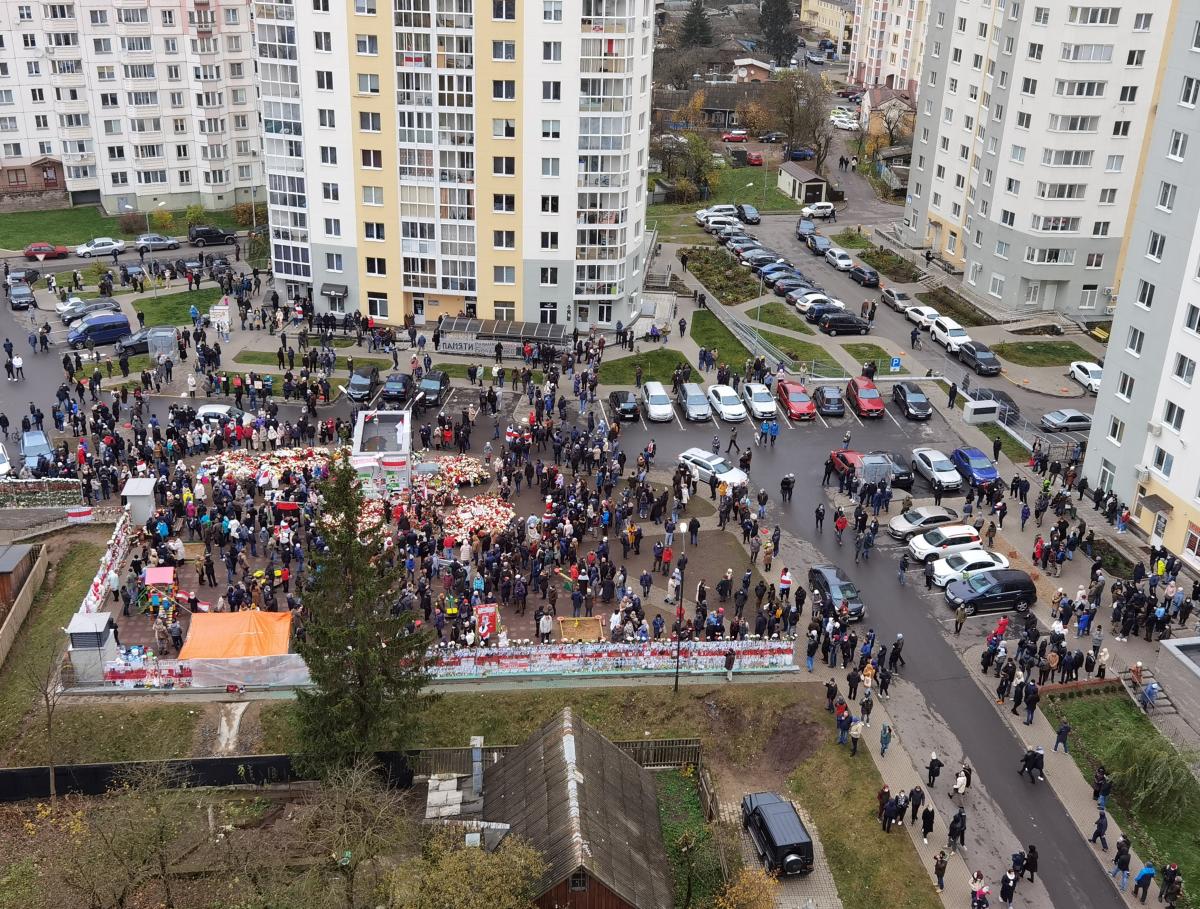
The Council on February 25 decided to prolong until February 28, 2022, the restrictive measures targeting high-level officials responsible for the violent repression and intimidation of peaceful demonstrators, members of the opposition and journalists in Belarus, as well as those responsible for electoral fraud.
The EU sanctions also target economic actors, prominent businesspeople and companies benefiting from and/or supporting the regime of Alexander Lukashenko, the Council of the European Union reported on its website.
Read alsoUkraine doesn't align itself with third package of EU sanctions against Belarus
"After the fraudulent presidential election in August 2020 and the ensuing wave of demonstrations which have been violently depressed by the Belarusian authorities, the EU has imposed sanctions in October, November and December 2020, thereby signalling to the political and economic actors responsible that their actions and support for the regime should come at a cost," it said.
Restrictive measures
The restrictive measures consist of a ban on travel to the EU and an asset freeze for listed persons – currently 88 individuals, including Alexander Lukashenko – and an asset freeze applicable to seven entities. In addition, EU persons and entities are forbidden from making funds available to those listed, either directly or indirectly.
The EU is closely monitoring the evolution of the situation in Belarus. On February 22, 2021, the Foreign Affairs Council underlined that, in view of the continuing disrespect for fundamental freedoms and human rights, and repression of the Belarusian people and civil society by the authorities, the EU will consider further sanctions. In addition, the EU will continue to support the Belarusian people in their legitimate request for democracy, including through support to civil society and independent media.
Protests in Belarus
- Mass protests in Belarus began following the presidential elections on August 9, 2020, after which Lukashenko was declared the winner and became president for the sixth consecutive term. Protesters demand the resignation of Lukashenko and insist on new elections, accusing the authorities of unprecedented fraud and brutality against participants in protest rallies.
- During the crackdown on protests, at least five people were killed. According to human rights activists, more than 30,000 Belarusians were repressed, the country's authorities opened more than 900 criminal cases against opponents. The protests are still going on, although the number of their participants has decreased significantly.
- The EU countries and the United States do not recognize the legitimacy of the presidential elections in Belarus.

